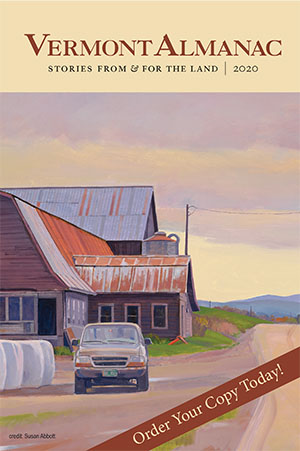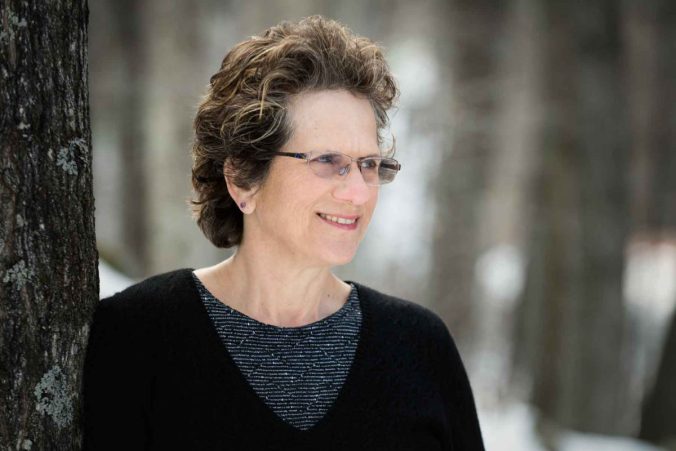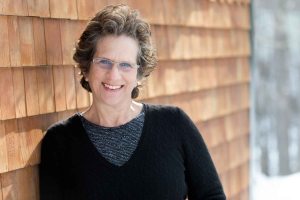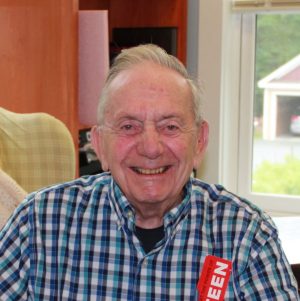It’s Giving Tuesday, a day to donate to good causes. Top of my list is supporting writers and readers. If this sounds self-serving, it’s because it is.
Democracy & Literacy
Democracy depends on a thoughtful, literate electorate. I’m deeply in favor of democracy, particularly one that protects freedom of speech.
Lately, political speech has become highly polarized, but life is so much more nuanced than being pro- or anti-. Most of our life choices are mitigated by extenuating circumstances, chance and doubt. Life’s complicated. Reading literature helps us untie – or at least better understand the complexity – of some of life’s knots.
Humans are a narrative species.
So on this national day of giving, consider donating to your local public library, to a literacy program in your community, and/or to a writing program that helps people write their own stories.
We tell stories to teach, to entertain and to memorialize what’s happened in our lives. Preserved, stories become history. Storytelling is civilation’s DNA.
Writing to the Light
For the fifth year in a row, I will be facilitating Writing to the Light writing circle to benefit my local library. This year, I will be offering it twice: by Zoom on December 31, and in person on January 2. Both will take place from 1-3 pm Eastern Standard Time.
Writers of all kinds and all levels of experience are invited to reflect on the light in their life in a supportive writing circle. We will write to illuminate our inner light, honor our inner voice, and tell whatever stories rise to be told. Prompts and guidance for automatic writing will be provided. Collectively, we will create a safe space for those who wish to read their new words.
Advance registration is required for each event. Register to receive the Zoom link for the December 31 remote circle, and to secure a seat for the January 2 circle, where numbers will be limited, masks required and indoor social distancing observed. Register at https://www.deborahleeluskin.com/contact/ Be sure to indicate which writing circle you plan to attend.

I’m an author, blogger, and educator with almost forty years’ experience teaching students from all walks of life, including inmates, healthcare workers, children, college students, adults and elders. I facilitate the Rosefire Writing Circle on Mondays (remotely) and Fridays (in person) throughout the year. Learn more at www.deborahleeluskin.com



 Deborah Lee Luskin
Deborah Lee Luskin WHEN DOES EDITING BECOME CENSORSHIP?
WHEN DOES EDITING BECOME CENSORSHIP?

 Deborah Lee Luskin
Deborah Lee Luskin

 Even though I prefer to write in my studio, life happens. I write here, there, and everywhere, at all hours of the day or night. I always have paper and pen with me. I’m always ready – write now!
Even though I prefer to write in my studio, life happens. I write here, there, and everywhere, at all hours of the day or night. I always have paper and pen with me. I’m always ready – write now!






